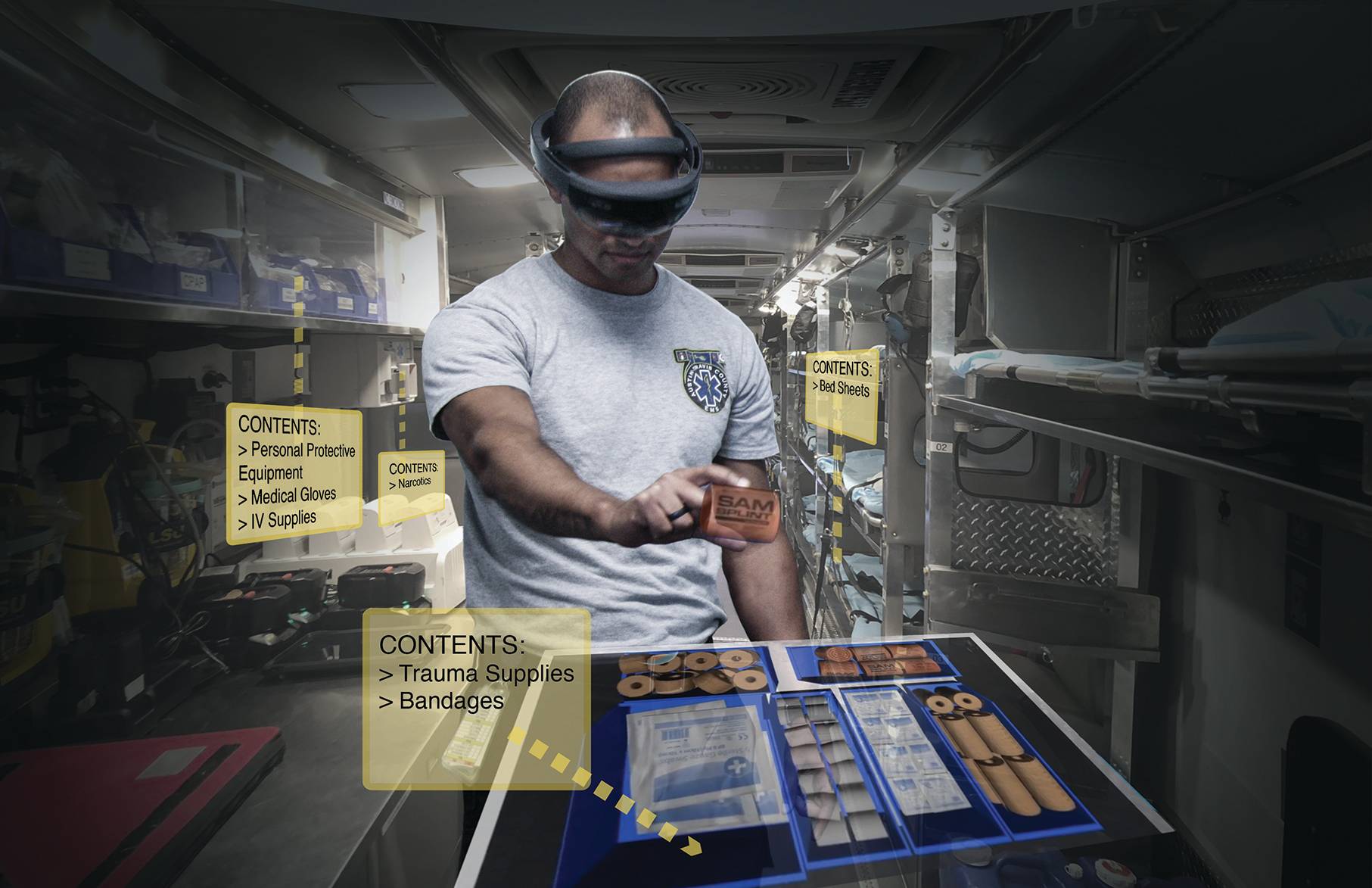Jayme Blaschke | April 1, 2021

Scott Smith, associate professor in the School of Social Work and director of the Virtual Reality and Technology Lab at Texas State University, is bringing mass casualty virtual reality training to municipalities across the country through his start-up company, Augmented Training Systems (ATS).
Currently, Smith is working with the City of Austin, the University of Texas Southwestern in the Dallas-Fort Worth Metroplex, the Houston Fire Department and Manatee County, Fla., to provide virtual reality training to first responders. The training was developed using a grant from US Ignite Smart Cities, which supports startups by helping develop innovative products in the pilot stage for commercialization.
"We built the first virtual reality training for mass casualty triage using the START (Simple Triage and Rapid Transport) Protocol, which is an evidence-based mass casualty training curriculum. We have now released it to the public," Smith said. "This effort has demonstrated the importance of using this technology in training efforts in a number of professional spaces."
Smith envisions ATS preparing first responders to interact with individuals who are struggling with mental illness. Its potential use by the military for handling sexual assault cases and suicide prevention are intriguing possibilities, as well as infectious disease response, HAZMAT issues and training police in use of force and active shooter response
"I brought the virtual reality lab to Texas State. My intent at the beginning, as a clinician, was to use technology to help people through various treatments and disorders, from addiction to post-traumatic stress," Smith explained. "From that I was able to gain a deeper understanding of how people interact with simulations, to understand what happens to them in VR simulations, psychologically.
"Can we use VR to produce stress? Can we use VR to create a place for people to develop coping mechanisms?" he said. "Is it a viable option to engage people in a learning process that enhances their functioning in certain spaces? That is what we're exploring for the future."
Share this article
For more information, contact University Communications:Jayme Blaschke, 512-245-2555 Sandy Pantlik, 512-245-2922 |
